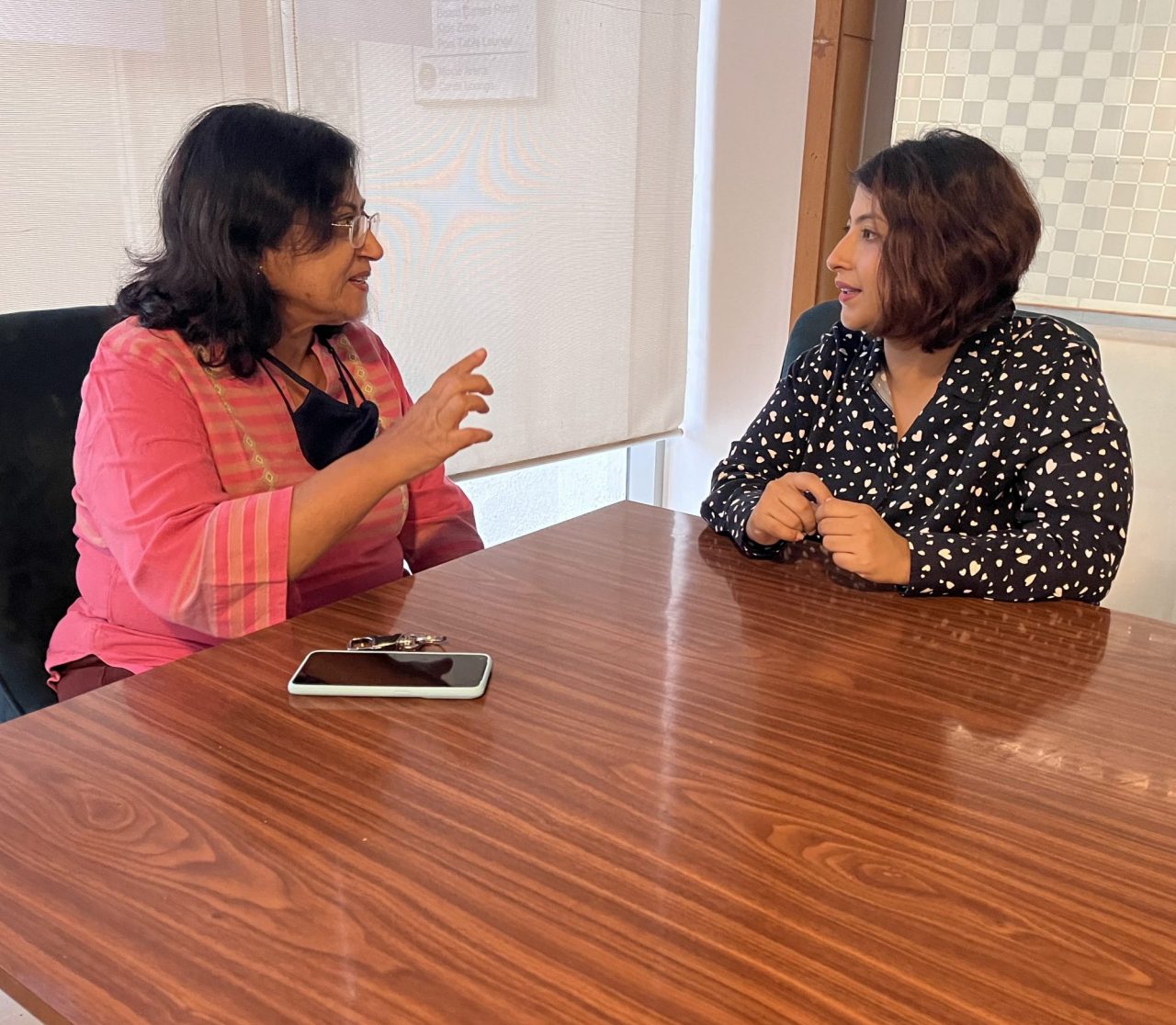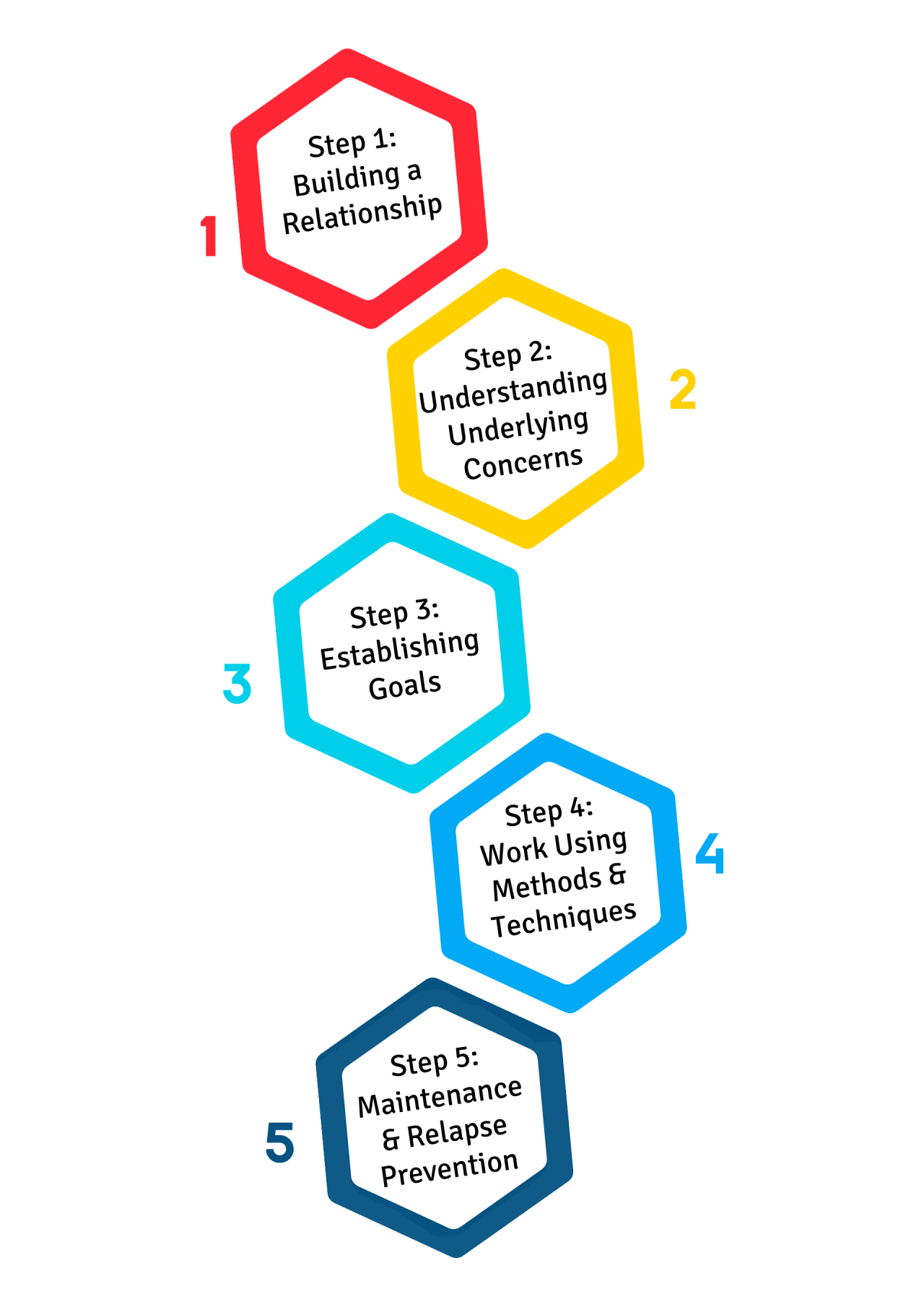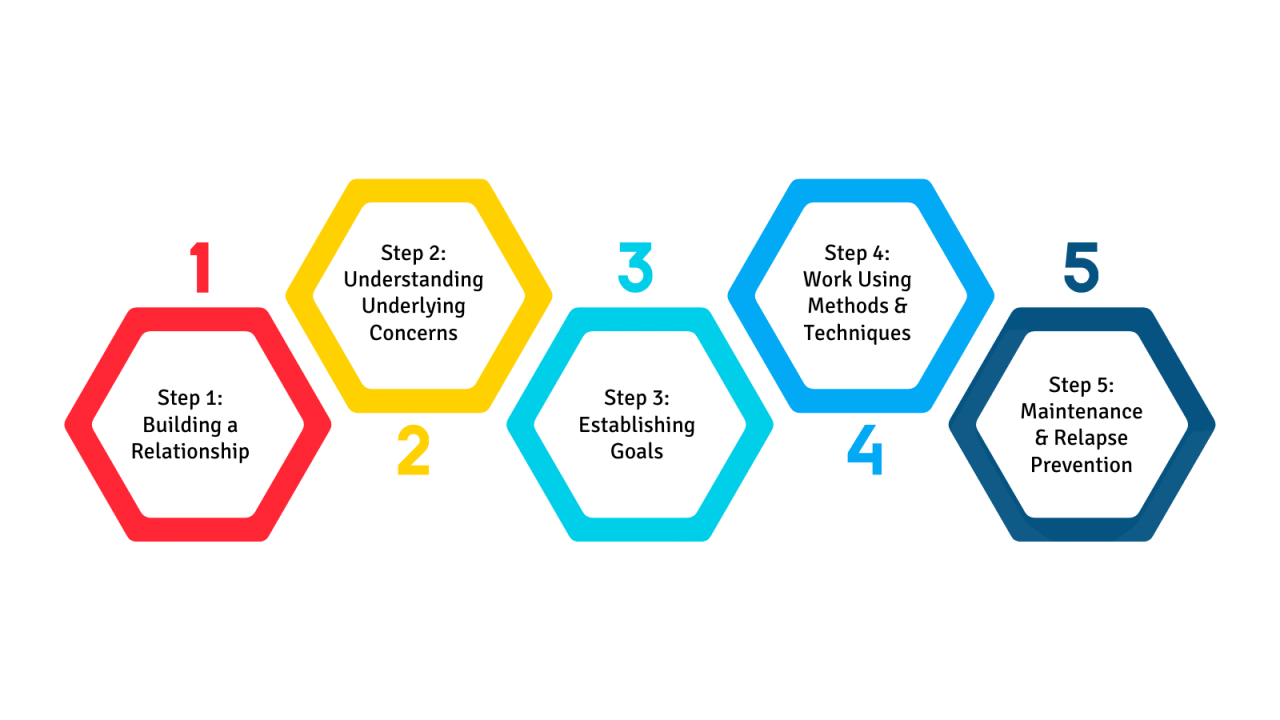Stressed out?
Is your workload overwhelming?
Do you find it difficult to connect with other people?
Therapy can help you feel better, get clarity and make a change, whether you want to work on a relationship, a habit, or look inward.
Need to talk?
Speak with our compassionate and skilled counsellors and clinical psychologists, in a safe and non-judgmental space. Consult us online or at our centre.













